The IGTP coordinating two out of nine COST Actions coming to Spain and participating in a third
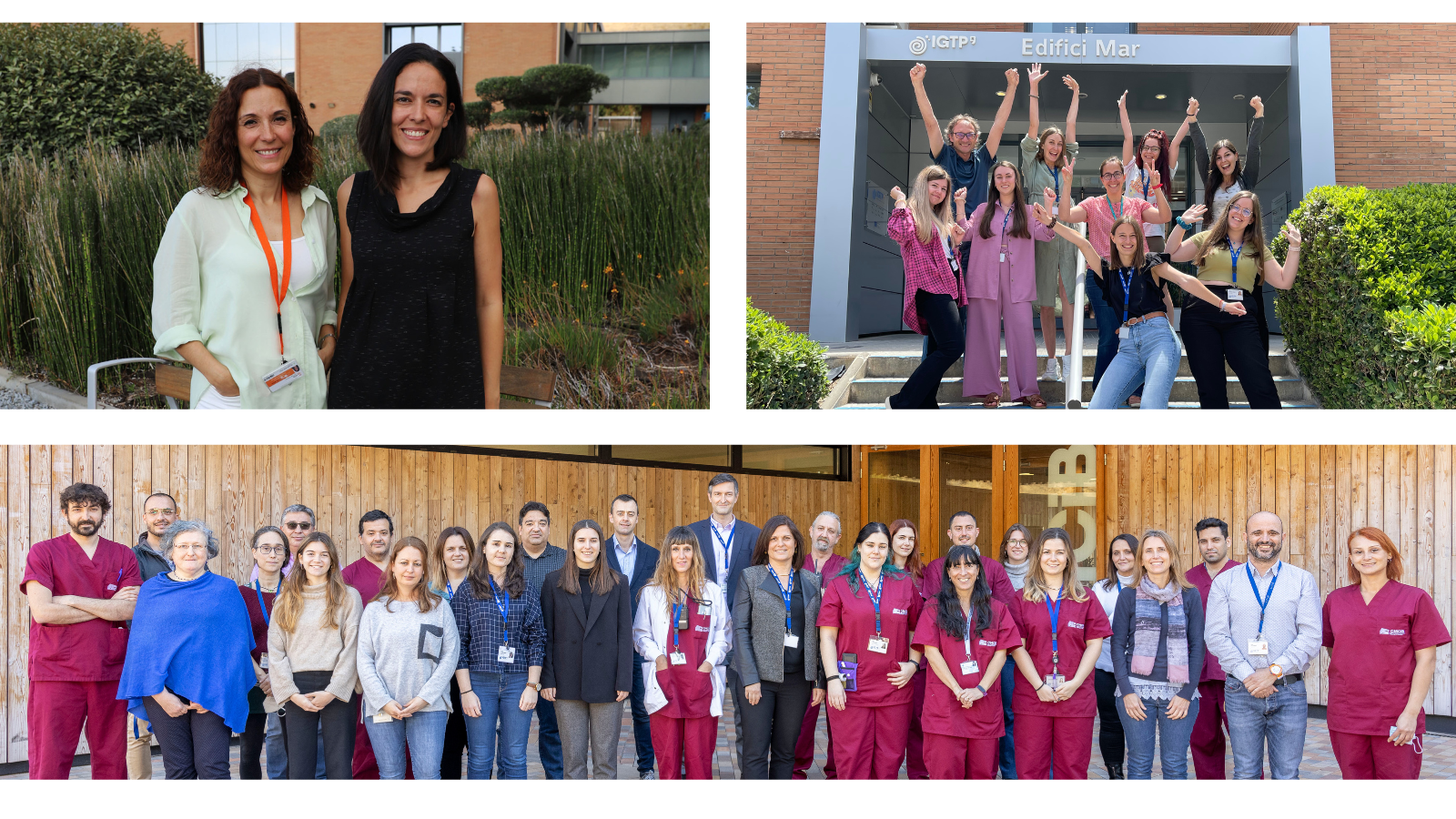
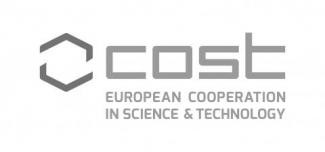
The COST Programme (European Cooperation in Science and Technology) has approved 70 new actions and Spain is coordinating nine of them, making it second in the ranking of countries leading COST Actions after Italy (coordinating 10 COSTs) and France (coordinating eight) is in third place. Three of the Spanish projects are from the Germans Trias i Pujol Research Institute (IGTP). COST Actions run for four years and this round will start in the coming autumn.
The three IGTP COST Actions in the European Research Network
IMMUNO-Model
Modeling immunotherapy response and toxicity in cancer
Leader: Eva Martínez-Balibrea of the IGTP-ICO (Main Proposer) with the support of Laura Belver of the IJC-ICO (secondary proposer). Both are members of the ProCURE programme
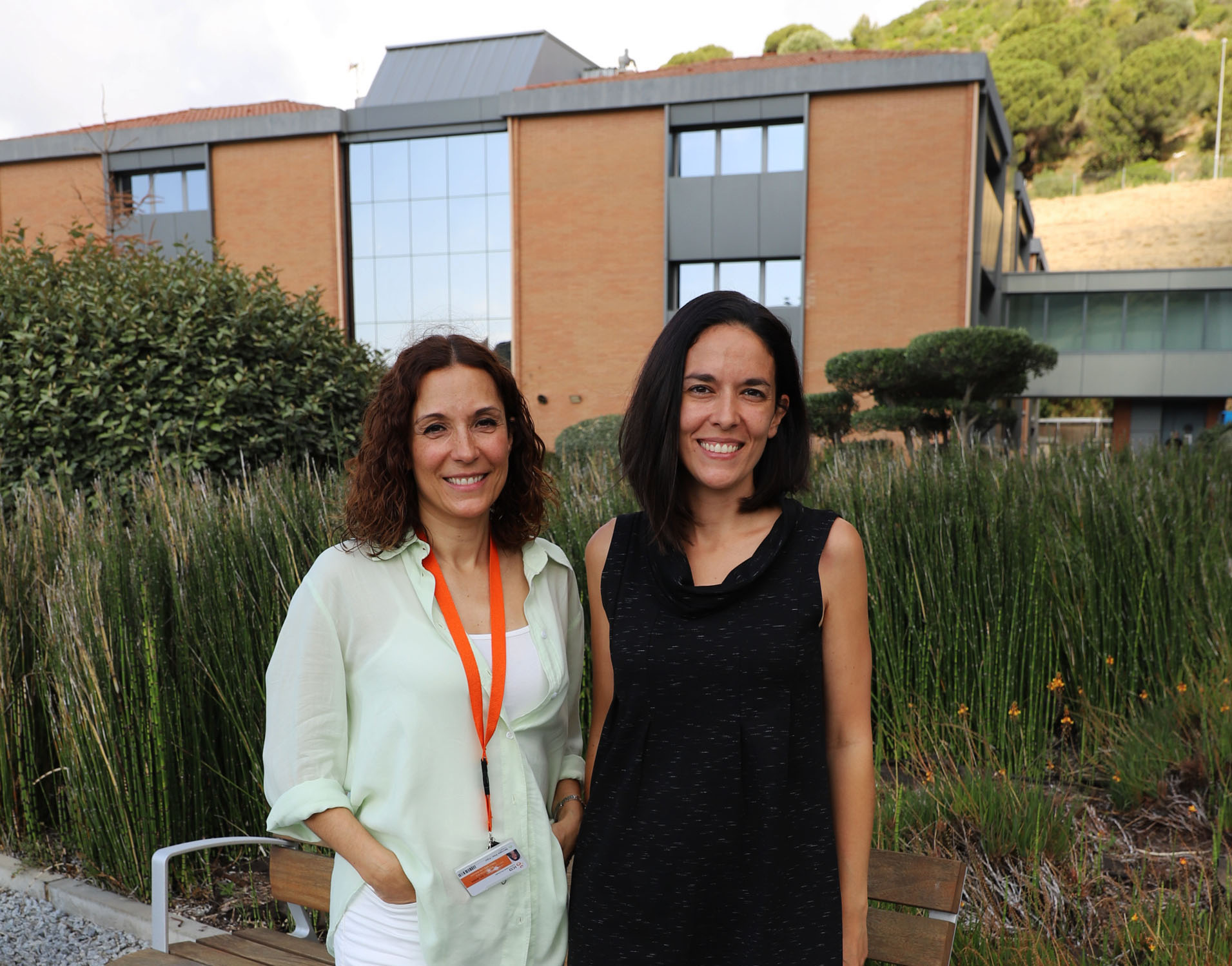 The COST Action IMMUNO-Model aims to promote research and innovation in preclinical oncology models with the objective of advancing the treatment of cancer patients for better results and better quality of life. The emergence of treatments based on immunotherapy has been an unprecedented change, best demonstrated by spectacular results obtained for previously incurable malignancies, such as metastatic melanoma. Despite this, the generalized use of these therapies has been stopped by their limited efficacy and associated side effects. A better understanding of the complex interactions between tumour cells and the immune system are required to deal with these problems and develop safer and more effective immunotherapies. However, one of the biggest difficulties in research into immune-oncology is the scarcity of preclinical models that accurately recreate human immunity and contribute to the identification of new biological targets; the characterization of biomarkers for therapeutic response and toxicity; and the generation of reliable data on drugs working better in combination with each other.
The COST Action IMMUNO-Model aims to promote research and innovation in preclinical oncology models with the objective of advancing the treatment of cancer patients for better results and better quality of life. The emergence of treatments based on immunotherapy has been an unprecedented change, best demonstrated by spectacular results obtained for previously incurable malignancies, such as metastatic melanoma. Despite this, the generalized use of these therapies has been stopped by their limited efficacy and associated side effects. A better understanding of the complex interactions between tumour cells and the immune system are required to deal with these problems and develop safer and more effective immunotherapies. However, one of the biggest difficulties in research into immune-oncology is the scarcity of preclinical models that accurately recreate human immunity and contribute to the identification of new biological targets; the characterization of biomarkers for therapeutic response and toxicity; and the generation of reliable data on drugs working better in combination with each other.
IMMUNO-Model will bring together European researchers from various sectors (academic, clinical and industrial) with the objective of establishing a network to support research into immune-oncology to specifically promote the sharing, standardizing and application of preclinical models for immunotherapy. This COST will permit the establishment of a creative and collaborative hub by using activities to construct a community; the creation of synergies between European and non-European scientists and the training of future researchers in the field. The purpose of this action is to contribute to the translation of new scientific discoveries into benefits for cancer patients and society as a whole.
Partners: 35 applicants from a total of 15 countries
ADVANCE-TB
TowArDs an improVement in diAgNostiCs and trEatment strategies for TB control
Leader: Alicia Lacoma (Main Proposer)
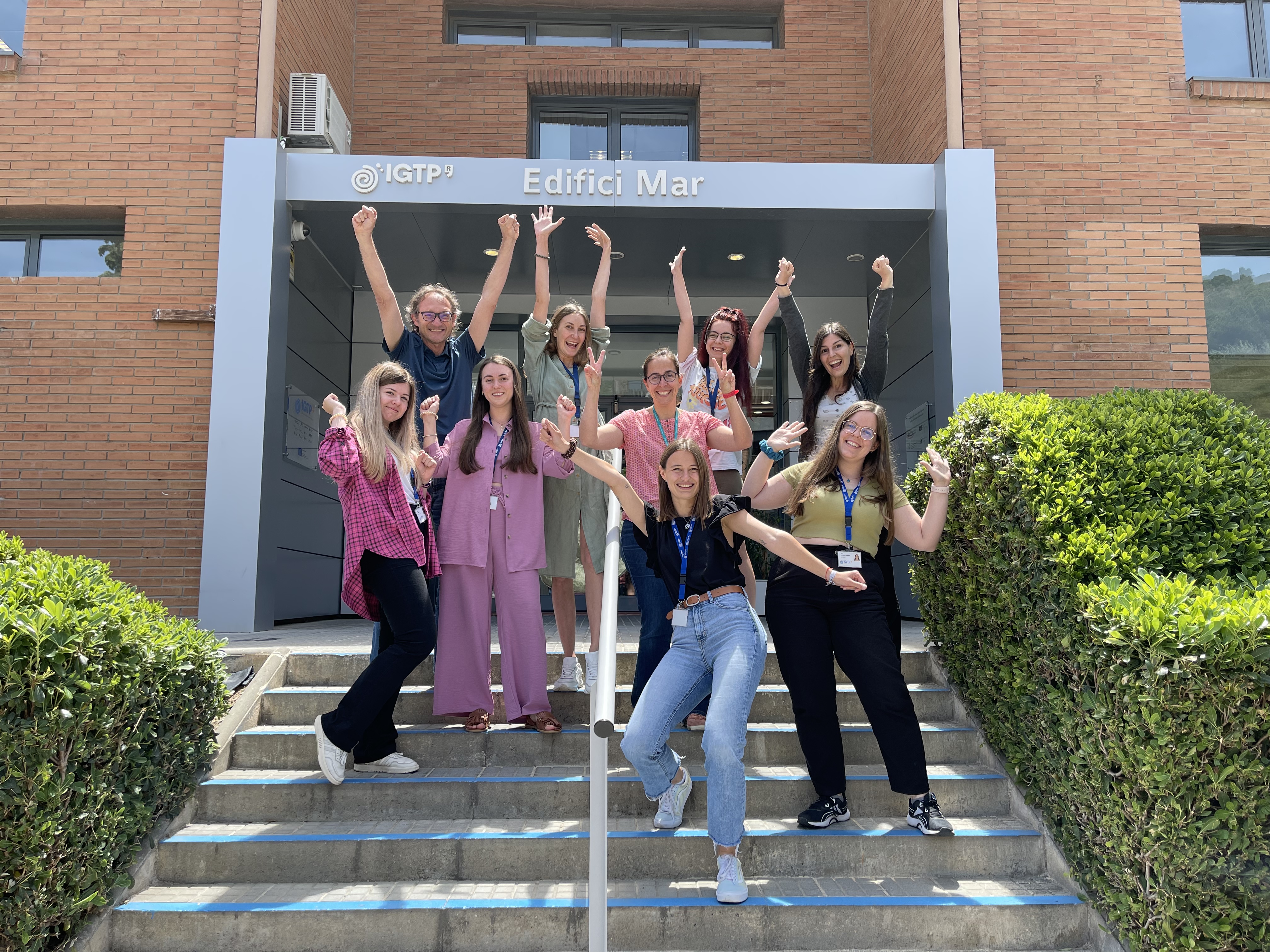 Tuberculosis was the main cause of death by infectious disease on a world scale before COVID-19. This unprecedented pandemic has been a great set-back for the tuberculosis programmes and its impact has been enormous in terms of interrupted diagnostic services and timely interventions, a fall in the number of notifications, interruptions and inadequate follow-up of treatments and a rise in mortality. More effort and resources are needed to mitigate this impact. Currently there is no COST Action to deal with the complexity of managing tuberculosis.
Tuberculosis was the main cause of death by infectious disease on a world scale before COVID-19. This unprecedented pandemic has been a great set-back for the tuberculosis programmes and its impact has been enormous in terms of interrupted diagnostic services and timely interventions, a fall in the number of notifications, interruptions and inadequate follow-up of treatments and a rise in mortality. More effort and resources are needed to mitigate this impact. Currently there is no COST Action to deal with the complexity of managing tuberculosis.
L'ADVANCE-TB is a research network that offers opportunities for collaborations between doctors, academic researchers from interdisciplinary environments, industry and non-governmental organizations. The network will make advances that are difficult for individual groups to make, that will allow a better understanding of the host-pathogen relationship, the transfer of basic science to innovative applications and the development and subsequent clinical validation of technology.
The Action centres on optimizing clinical practices and standardizing experimental protocols, this includes harmonized procedures for biobanking; stimulation of the development of optimization of products for diagnosis, therapy and monitoring; and sharing knowledge and building capabilities through workshops, training courses and scientific exchanges between the different groups involved, above all for young researchers. The tasks are divided into four work groups (WG). WG1 concentrates on developing a European cohort of patients; WG2 will develop new diagnostic techniques; WG3 centres on the design of new therapeutic strategies and WG4 is responsible for the dissemination and communication activities.
Partners: 44 applicants from 22 countries
IMPROVE
3Rs concepts to improve the quality of biomedical science
Project granted to the Centre for Comparative Medicine and Bioimage (IGTP-CMCiB)
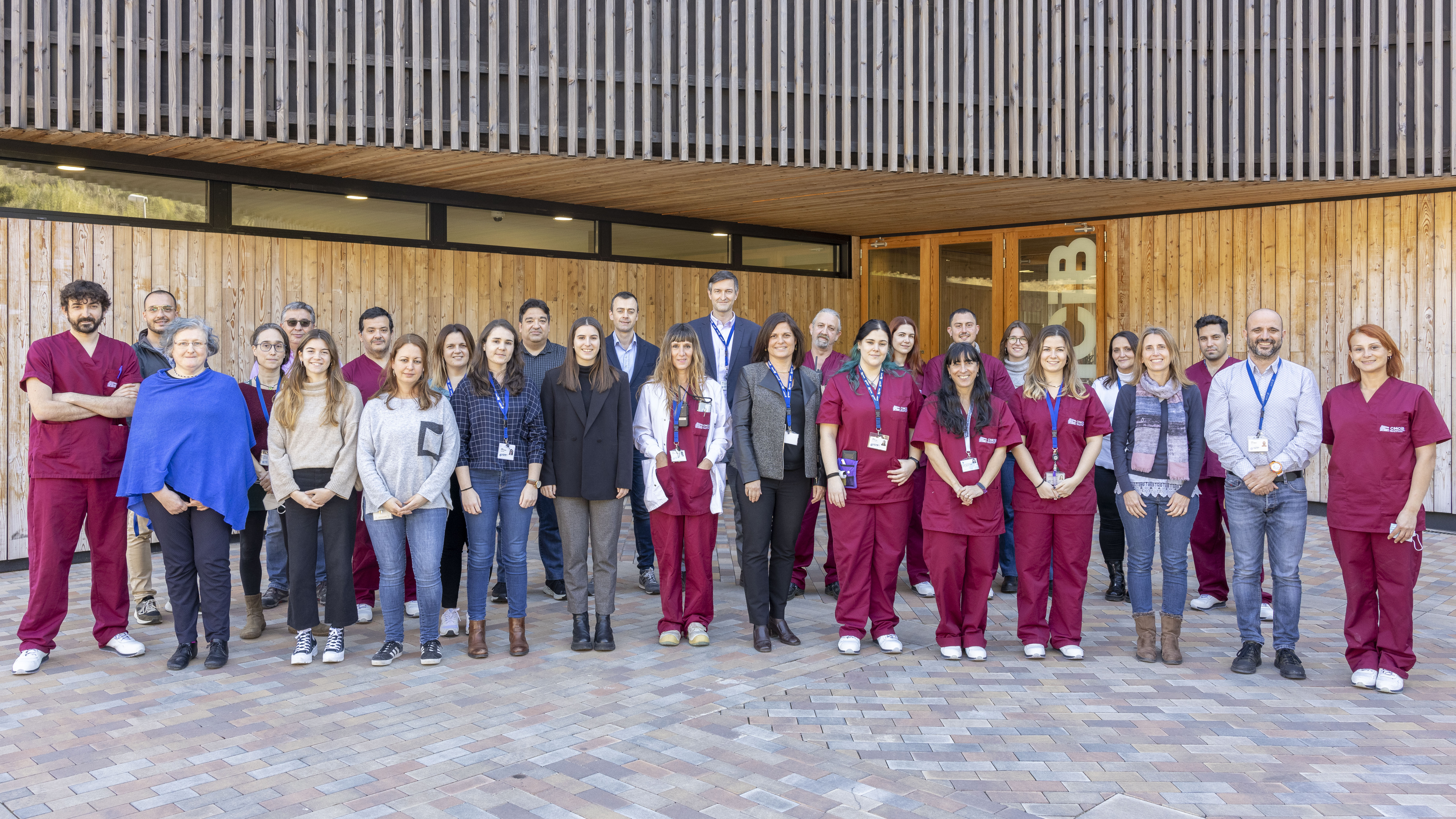 Awareness of the existence of a crisis of reproducibility and predictability of in biomedical research has increased in recent years. The reproducibility crisis refers to the problem faced by researchers trying to replicate or reproduce scientific studies. There are many publications that are revised because the preclinical research is unreproducible and not predictable due to deficiencies in the reports and statistical methods. Confounding factors, that form part of the laboratory environment and can influence either dependent or independent variables, continue to be discovered, which suggests that our knowledge of their existence is far from complete. Better statistical methodology will play a central part in improving reproducibility in science to produce solid and reproducible research. Another area of improvement is the development of methods to define and better evaluate the success of replication and improve predictability. To do this, new powerful concepts need to be developed and introduced into biomedical research, it is essential toto reduce the production of unreproducible results. This has an immense scientific, economic and social importance. This project proposes that the findings and concepts in the field of 3R (reduce, refine, replace) can help to improve biomedical research on many levels.
Awareness of the existence of a crisis of reproducibility and predictability of in biomedical research has increased in recent years. The reproducibility crisis refers to the problem faced by researchers trying to replicate or reproduce scientific studies. There are many publications that are revised because the preclinical research is unreproducible and not predictable due to deficiencies in the reports and statistical methods. Confounding factors, that form part of the laboratory environment and can influence either dependent or independent variables, continue to be discovered, which suggests that our knowledge of their existence is far from complete. Better statistical methodology will play a central part in improving reproducibility in science to produce solid and reproducible research. Another area of improvement is the development of methods to define and better evaluate the success of replication and improve predictability. To do this, new powerful concepts need to be developed and introduced into biomedical research, it is essential toto reduce the production of unreproducible results. This has an immense scientific, economic and social importance. This project proposes that the findings and concepts in the field of 3R (reduce, refine, replace) can help to improve biomedical research on many levels.
The main objective of the IMPROVE Action is to establish a network that works to tune, harmonize and promote 3R concepts, data and documents to improve the quality of biomedical science.
28 centres participating from 19 countries, led from Austria.
The IGTP on the Can Ruti Campus
The Germans Trias i Pujol Research Institute (IGTP) is a public Catalan research centre that works to improve the health of citizens through the generation and transfer of scientific knowledge. It is an accredited centre of healthcare research excellence of the Instituto de Salud Carlos III and as such is the umbrella organization coordinating research activities for the Germans Trias i Pujol University Hospital. It maintains strong links with the other research organizations on the Can Ruti Campus: the Institut Català d'Oncologia (ICO), the IrsiCaixa AIDS Research Institute, the Universitat Autònoma de Barcelona (UAB), the Guttmann Institute, the Fight AIDS and Infectious Diseases Foundation, the Blood and Tissue Bank (BST), the Josep Carreras Leukaemia Research Institute (IJC) and the CEEISCAT, Centre for Epidemiological Studies of Sexually Transmitted Disease and AIDS in Catalonia.
COST Actions
COST is a pan-European intergovernmental framework dedicated to promoting networking activities for European researchers, providing support for cooperation and opportunities to create networks between researchers, engineers and academics from all areas of science and technology, so they can develop their ideas and initiative in partnership.
Together with Horizon Europe, COST is one of the most important programmes for promoting research cooperation across Europe and is cornerstone of the European Research Area. COST offers a valuable opportunity to involve young researchers in themed networks, which contributes to their education through tailored activities.
Some data to highlight the 70 COST actions recently approved:
- 165 of the first proposers are young researchers
- 44% of the first proposers are women
- 71% of the participants in the proposals come from industry or small or medium-sized businesses
- 19% of the proposers come from the so-called Target Inclusiveness Countries
- 77% of the future networks have attracted participants from all over the world under the modality of Near Neighbour Countries and International Partner Countries
- One indicator that COST actions are multi- and trans-disciplinary is that 47% of the total of new actions cover at least two fields within the OECD (Organisation for Economic Cooperation and Development), while 11% cover at least three fields.
- The most highly represented area in COST Actions is the natural sciences (present in 50% of the COST Actions) followed by health and medical science present in 34%, social sciences in 27%, engineering and technology in 24%, agricultural science in 13%, with the smallest percentage being the humanities with 11%
